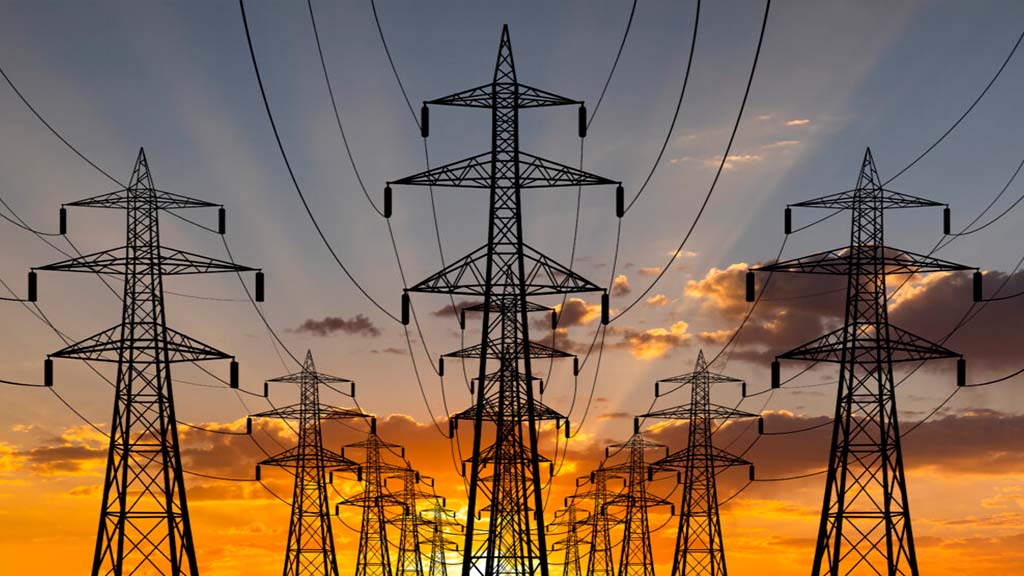- Web
- Feb 05, 2026
Pakistan sees major increase in cost of power generation
-

- Web Desk
- Feb 20, 2024

WEB DESK: In January 2024, Pakistan witnessed a substantial 23 per cent surge in the cost of power generation, paired with a 2 per cent decline in overall generation compared to the same period in the previous year.
According to a report from Topline Securities released on Tuesday, the average cost per kilowatt-hour (KWh) spiked to Rs 13.8 compared to Rs11.20 in January 2023, marking a significant 23 per cent year-on-year increase.
Topline Securities attributes this surge primarily to escalated costs in power generation from gas and nuclear sources, which experienced a yearly rise of 43 per cent and 24 per cent, respectively. Additionally, the fuel cost for furnace oil (FO) witnessed a 22 per cent increase on a yearly basis.
This spike in power generation costs adds to the burden of Pakistani citizens, who are already grappling with the challenges of high inflation and sluggish economic activity.
On a monthly basis, the cost of power generation surged by almost 34 per cent compared to the average cost of Rs10.3 recorded in December 2023.
Despite this surge in costs, power generation in January 2024 recorded a 2 per cent decline, totaling 8,313 gigawatt-hours (GWh) or 11,175 megawatts (MW) compared to the same period last year.
The decrease is attributed to a 20 per cent year-on-year decline in coal-based power generation, which accounted for 1,949 GWh during January 2024.
The year-on-year decrease in power generation is also linked to declines in gas (10 per cent) and wind (55 per cent) power generation. However, on a monthly basis, there was a 9 per cent increase in power generation compared to December 2023.
During the first seven months of the fiscal year 2024 (7MFY24), power generation experienced a modest 0.14 per cent year-on-year increase, reaching 77,200 GWh, compared to 77,086 GWh in the same period of the previous fiscal year.
Coal emerged as the leading source of power generation in January, constituting 23.4 per cent of the generation mix, making it the largest contributor to electricity generation.
Nuclear power followed closely, accounting for 20.8 per cent of the overall generation, trailed by RLNG (re-gasified liquid natural gas) with an 18.2 per cent share.
Among renewable sources, wind, bagasse, and solar generation contributed 1.5 per cent, 1.3 per cent, and 0.6 per cent to the generation mix, respectively.
The data reveals a complex landscape in Pakistan’s power sector, where rising costs pose challenges amid fluctuations in power generation from various sources.
Read next: Crackdown intensified against illegal housing schemes in Rawalpindi




